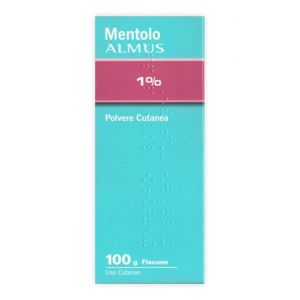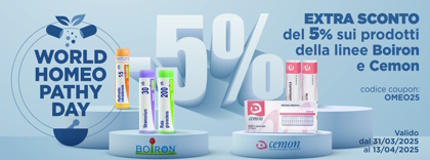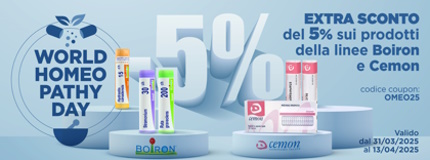Ship in Europe, Find out rates!
Mentholated Talc 1% Almus 100 g

- box Delivery in Italy in 24/48 and free returns
- star3.000+ positive reviews
- dropboxOver 60,000 products in the catalog
Therapeutic indications
The medicine is indicated in the symptomatic treatment of skin rashes due to exanthematous diseases, irritation, including from rubbing, itching and burning in case of insect bites, sunburn and burns.
Dosage
Evenly sprinkle the affected area 2 or more times a day. • Menthol ALMUS is contraindicated in children up to 30 months of age (see section 4.3). • The duration of the treatment should not exceed 3 days.
Overdose
In the event of accidental oral intake or incorrect administration in infants and children there may be a risk of neurological disorders. If necessary, administer appropriate symptomatic treatment in specialized treatment centers. Accidental aspiration of high concentrations of the drug can cause severe respiratory damage. Menthol Following application of menthol in the nostrils, there have been reports of apnea and immediate collapse in children. Ingestion of menthol can cause severe abdominal pain, nausea, vomiting, dizziness, ataxia, drowsiness and coma. If in contact with the eyes it can cause redness and irritation.
Contraindications
• Hypersensitivity to the active substance or to any of the excipients. • Children up to 30 months of age. • Children with a history of epilepsy or febrile seizures.
Side effects
The following are the side effects of menthol organized according to the MedDRA organ system classification. Insufficient data are available to establish the frequency of the listed effects. Skin and subcutaneous tissue disorders Contact dermatitis. Cases of umbilical granulomas have been reported due to contamination of the umbilical cord residue with talcum powder. Due to the presence of Menthol and in case of non-observance of the recommended doses there may be a risk of convulsions in children and infants.
Pregnancy and breastfeeding
Pregnancy There are no or limited amount of data from the use of menthol in pregnant women. Menthol ALMUS is not recommended during pregnancy and in women of childbearing potential who are not using contraceptive measures. Caution should be exercised when prescribing the medicine to pregnant women. Lactation There is insufficient information on the excretion of menthol in breast milk. ALMUS Menthol should not be used during breastfeeding.
Special warnings
• This product contains terpene derivatives which, in excessive doses, can cause neurological disorders such as convulsions in infants and children. • The treatment should not be prolonged for more than 3 days due to the risks associated with the accumulation of terpene derivatives, such as camphor, cineole, niaouli, wild thyme, terpineol, terpine, citral, menthol and essential oils of pine needles, eucalyptus and turpentine (due to their lipophilic properties the rate of metabolism and disposal is not known) in tissues and brain, in particular neuropsychological disorders. • A higher than recommended dose should not be used to avoid an increased risk of adverse drug reactions and disorders associated with overdose (see section 4.9). • The product is flammable, it must not be approached to flames. The medicine is to be used for external use only; it must not be inhaled and must not be applied to eyes and mucous membranes. It should not be applied to open wounds or surgical gloves. Menthol ALMUS should be used with caution in children up to 6 years of age. Routine use in the baby's daily hygiene is not recommended as inhalation can cause lung irritation with the risk of severe breathing difficulties and death. If it is suspected that the child has inhaled Menthol ALMUS, lung function should be carefully monitored as the onset of symptoms may be delayed for several hours. Hemolysis and kernicterus may occur in neonates with glucose 6 – phosphate dehydrogenase deficiency exposed to menthol. Important information about some of the excipients : Talc Abuse of intranasally administered medicines containing talc as an excipient has been reported to cause pulmonary granulomas. Although talc does not cause acute toxicity, fatalities have been reported following acute exposure to talc. Inhalation of the poor caused death, mainly in infants. Inhalation of talc causes irritation of the respiratory tract, coughing, wheezing, sneezing, vomiting, and cyanosis. The onset of these symptoms can occur within 12 - 24 hours. Acute exposure can cause permanent lung effects. Intense and prolonged exposure to talc can cause pneumoconiosis. When injected intravenously it can cause retinopathy, emboli and pulmonary hypertension. Applying talc to open wounds can cause severe granulomatous reactions. Talc is a highly irritating agent for the eyes and can cause symptoms, in some cases requiring surgical correction.
Expiry and Retention
None.
Active principles
100 g of powder contain: Active ingredient: 1 g menthol. For the full list of excipients, see section 6.1.
Excipients
Talc.

